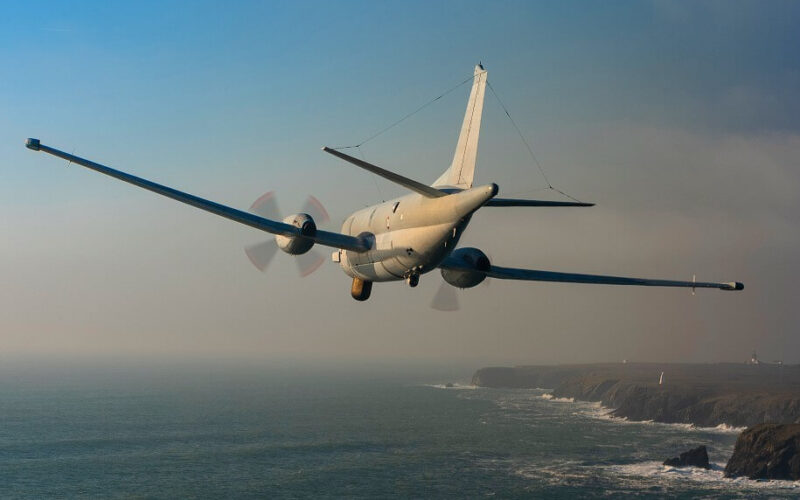In 2018, Germany and France conjointly agreed to develop a new naval patrol plane, the Maritime Airborne Warfare System. The Deutsche Marine needs to replace 8 Lockheed P-3C Orion aircraft, constructed in the 1980s, while the 22 Dassault Breguet Atlantique 2 of the Marine Nationale are also in need of replacement.
However, in March 2021, the US Defense Security and Cooperation Agency (DSCA) revealed Germany’s intention to buy five Boeing P-8A Poseidon maritime patrol aircraft. According to French Minister of the Armed Forces Florence Parly, the French authorities were kept in the dark and only learned the news when the DSCA cleared the acquisition. In May 2021, Berlin turned down a counter-offer from Paris which would have provided 4 Atlantique 2 aircraft.
The acquisition was described as an “interim solution” by the German government. But the DSCA stated that “the proposed sale will allow Germany to modernize and sustain its Maritime Surveillance Aircraft (MSA) capability for the next 30 years,” meaning that the aircraft emerging from the MAWS would be redundant.
“If the German decision to purchase the P-8A is confirmed, I, therefore, fear that it will force us to reconsider continuing cooperation for this project,” Joël Barre, General Delegate for Armaments told the French Parliament on June 15, 2021. Two weeks later, on June 30, 2021, the German Defense Ministry signed the letter of acceptance for the five aircraft, Boeing confirmed.
Consequently, the French Ministry of Armed Forces said a decision would have to be taken regarding the MAWS. According to La Tribune, that decision may very well mean scrapping the program completely. Instead, France would seek a solution from the local manufacturer Dassault Aviation to convert its Falcon 10X business jet to carry out maritime patrol aircraft missions. In November 2020, the French Ministry of the Armed Forces already ordered for the French Navy seven Albatros maritime surveillance and intervention planes based on Dassault’s Falcon 2000 business jet.
The failure of European defense cooperation?
A hypothetical termination of the MAWS program could create a bad precedent in the Franco-German and European collaboration. In the past few years, several other programs involving the two nations have stalled because of either financial or tactical divergence of opinions.
After initially agreeing with France on the modernization of the Tiger attack helicopter in 2018, Germany showed itself hesitant to see the planned update move forward. After the Franco-German Council on defense and security held on February 5, 2021, German Chancellor Angela Merkel said that “for the standard Tiger 3, there is a whole series of negotiations to be conducted, in particular with Airbus for the German part.”
Worse, the French defense think-tank Mars claimed that Berlin could officialize its withdrawal from the Tiger program by Autumn 2021 and order Apache AH-64 helicopters from Boeing instead.
On the French side, that update is a necessity, as the Tiger helicopters of the French Army Light Aviation need to be able to share information with the newly-induced frontline fighting vehicles of the Scorpion program.
The European Remotely Piloted Aircraft System, popularly known as the Eurodrone, has also seen its fair share of setbacks since its initiation in 2015. Negotiations regarding the price, capabilities, and division of responsibilities had stalled the program, which involves France, Germany, Spain, and Italy, for years.
Similarly, the Future Combat Air System, a “system of systems” built around a sixth-generation fighter jet, the Next Generation Fighter (NGF), went through months of difficulties between the authorities and the manufacturers of France, Spain, and Germany after the division of tasks was put into question.
The divide culminated in mid-April 2021, when Éric Trappier, the CEO of Dassault Aviation, told the French Senate his company was studying the possibility of a “plan B” if the situation is not resolved.
Eventually, the Defense Ministers of France, Germany, and Spain announced they reached an agreement regarding Phase 1B of the Future Combat Air System development program on May 17, 2021, half a year behind schedule.

